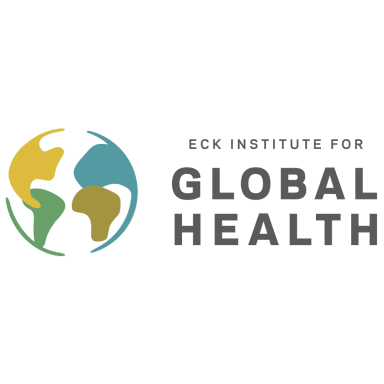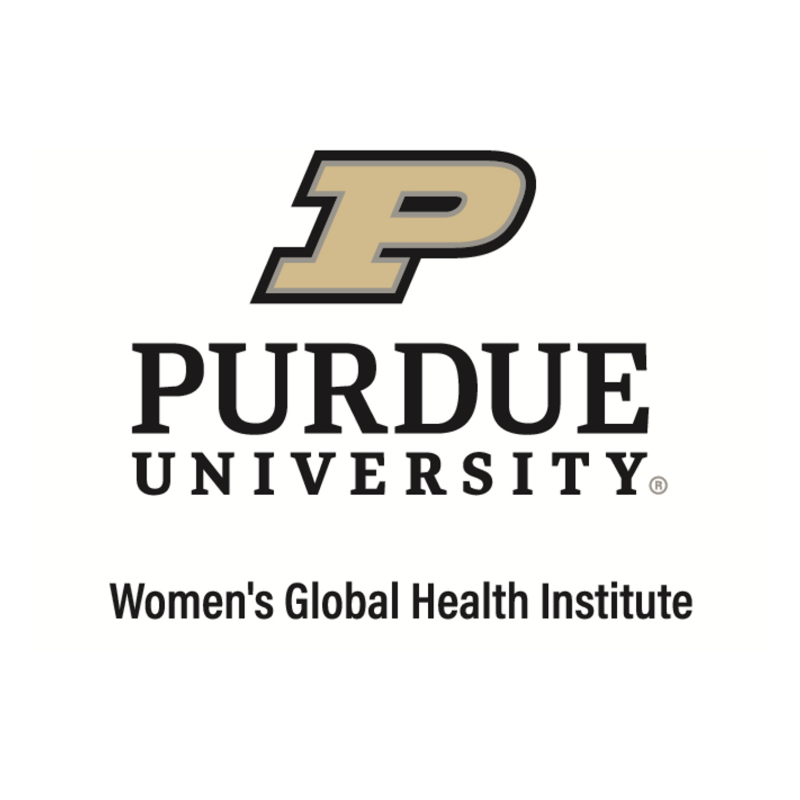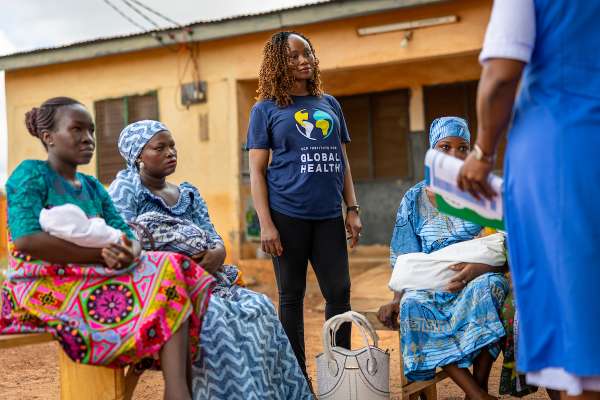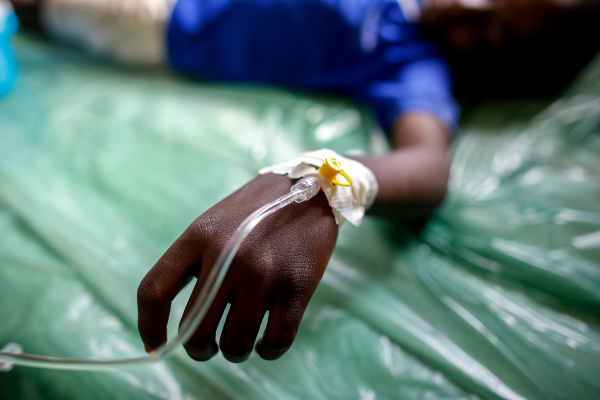Global Health
The Indiana CTSI Global Health Program addresses domestic and global health issues by bringing together research and expertise from three vibrant global health centers at Indiana University, University of Notre Dame, and Purdue University.
Reciprocity Is the Heart of Our Success—& Yours
To address today’s complex global health challenges, translational research requires new approaches to knowledge sharing, co-creation and innovation across diverse settings. Informed by a 30-year partnership between Indiana University and Moi University in Kenya, reciprocal innovation is defined as the bidirectional and iterative exchange of innovations, methodologies and learnings that address shared health challenges.
Together, these partners address common health challenges and provide mutual benefits to each other.
The Indiana CTSI’s Reciprocal Innovation program is designed to demonstrate, replicate, and rapidly disseminate health innovations developed through these collaborations.
Our Partners Are Your Partners
Read More about Global Health and Reciprocal Innovation
- Global health reciprocal innovation grants awarded to pediatric faculty members
- Indiana CTSI global-local program featured during ACTS poster presentations
- Mobile app to monitor premature babies advances at innovation conference
- Grant funds pilot program in Mexico for pregnant women facing partner violence
- International collaboration aims to help lower infant deaths
- Indiana CTSI and IU Center for Global Health provide funding in search of reciprocal innovation
- Indiana CTSI awards funds to improve outcomes for pregnant adolescents
- Indiana CTSI awards global health pilot research funding
- Haitian Community Liaison Joins IUCGHE
- Global Health Lessons Can Improve Health for Local Communities

Reciprocal Innovation Grants Program
Start the process of overcoming shared health challenges with other countries using the Reciprocal Innovation Grants Program. Find definitions, award application information, and the impact of this program.
Contact
-
Laura J. Ruhl, MD, MPH
Director of Reciprocal Innovation
Email







